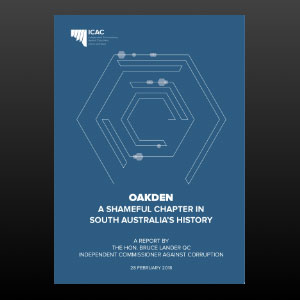Society’s prejudice makes mental illness worse
Fear and bigotry is diminishing in relation to homosexuals, but they remain ‘go to’ reactions for most people when the subject of mental illness comes up. Sufferer Reg Murray explains that mental illness is just another type of disease, and sufferers should receive compassion and tender loving care, like anyone who is ill.



